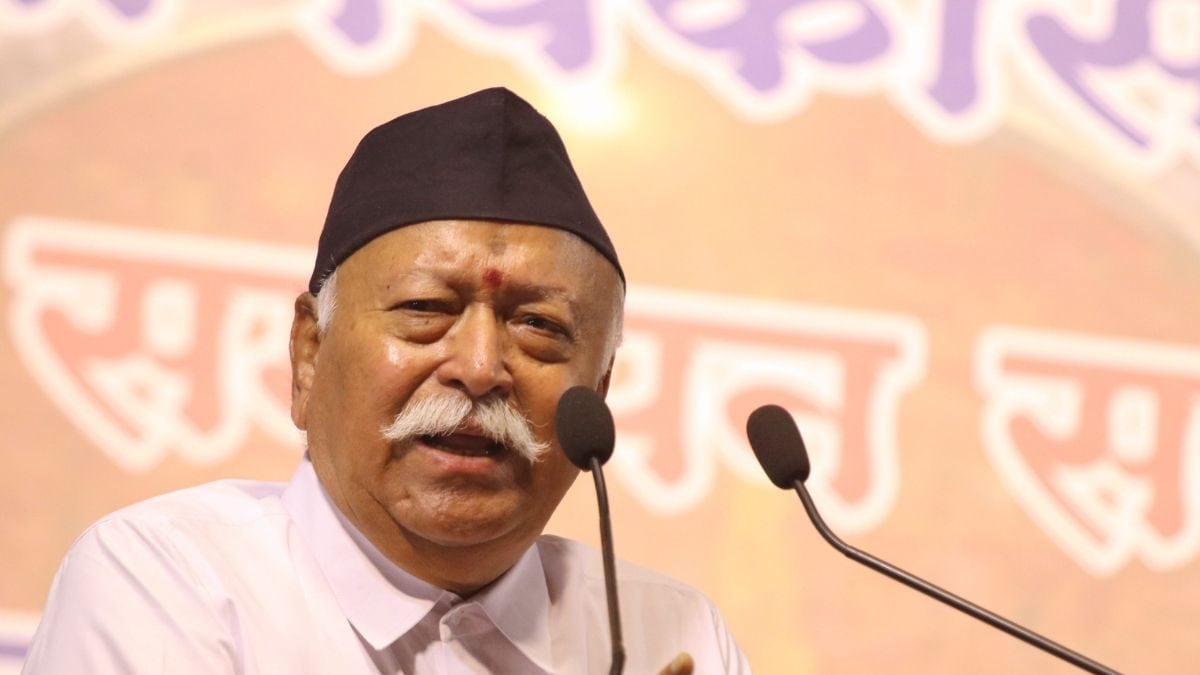 |
|
The statement by Rashtriya Swayamsevak Sangh (RSS) chief Mohan Bhagwat, declaring India as an essentially Hindu nation, has sparked renewed debate and discussion about the political and social landscape of the country. His remarks, delivered at a gathering of RSS volunteers in Baran, Rajasthan, underscore the organization's long-held belief in the foundational role of Hinduism in the nation's identity and future. Bhagwat's call for Hindus to take ownership of India's welfare and protect its cultural heritage reflects the RSS's ideology and its influence on the Indian political scene.
Bhagwat's statement, emphasizing that Hindus have inhabited the land for millennia, upholding its traditions and values, resonates with the historical narratives often used to define India's cultural identity. However, it also raises concerns about the potential exclusion of other communities and religious groups. Critics argue that such pronouncements can create divisions and foster an atmosphere of religious intolerance, particularly in a diverse and multi-religious nation like India.
Bhagwat's emphasis on unity and action within the Hindu community, urging them to overcome divisions based on language, caste, and region, reflects a desire for a cohesive and empowered Hindu society. While aiming to address internal challenges and promote social harmony, his call for active engagement and responsibility also raises questions about the implications for other communities and their participation in national affairs. Critics argue that such pronouncements can marginalize minority groups and undermine the principles of secularism and inclusivity enshrined in the Indian Constitution.
Bhagwat's speech highlights the complex relationship between religion, politics, and national identity in India. His assertion of India as a Hindu nation, while reflecting the ideology of the RSS, has generated both support and opposition within the country. The debate sparked by his remarks underscores the need for open and constructive dialogue about the role of religion in Indian society, the importance of inclusivity and diversity, and the preservation of national unity amidst a diverse and dynamic populace.
